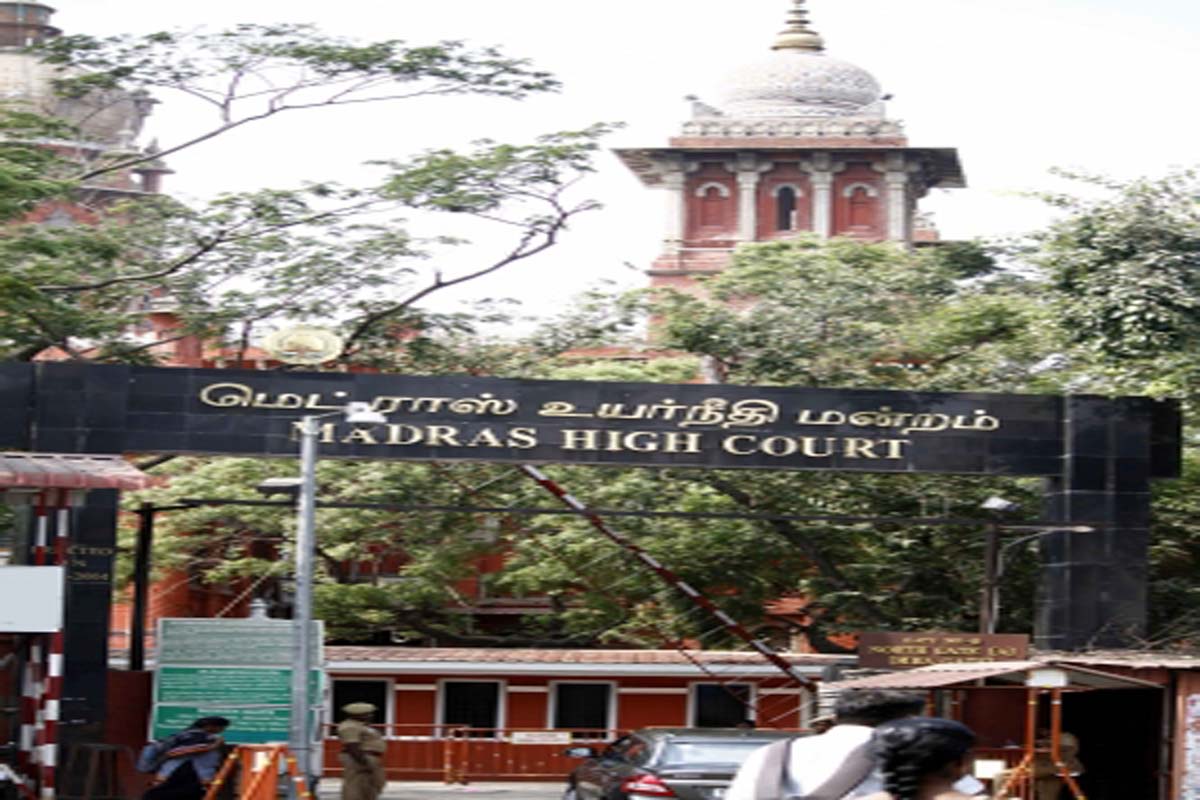The Madras High Court on a representation of the non-life insurance sector body, the General Insurance Council, has kept its earlier order in abeyance on the compulsory bumper-to-bumper insurance cover for five years for all new cars and two-wheelers.
Last month, the Madras High Court by an order made the costly bumper-to-bumper insurance cover compulsory for all new private cars sold from September 1, 2021.
Advertisement
The General Insurance Council in its representation while saying that non-life insurers are prepared to comply with the court’s order also pointed out that they are merely distributors of the products approved by sectoral regulator Insurance Regulatory and Development Authority of India (IRDAI).
The Council also requested the court for 90 days’ time to effect changes in their computer systems after due approval for IRDAI.
The court on its part on Wednesday ordered, Council and IRDAI as necessary parties to this case, in addition to making the Additional Chief Secretary, Transport Department, Chennai, and the Joint Transport Commissioner (R), Chennai as Respondents.
The state government on August 31 had issued a circular ordering vehicle registering offices to abide by the court’s order making it compulsory for new cars and two-wheelers to have bumper-to-bumper insurance cover at the time of registering the vehicles.
Vehicle insurance policies are two parts — own damage (insurance for the vehicle against damage, theft) and third-party liability (liability for third parties).
The third-party insurance cover is mandatory whereas the insurance cover for vehicle damage is not mandatory.
The Madras High Court order is for making insurance cover for vehicles mandatory.
Commenting on the lack of awareness on the part of car owners about the liability for occupants of the car the court while hearing a case had ordered: “Therefore, this court directs that whenever a new vehicle is sold after 01.09.2021, it is mandatory for coverage of bumper-to-bumper insurance every year, in addition to covering the driver, passengers, and owner of the vehicle, for a period of five years.”
“Thereafter, the owner of the vehicle must be cautious in safeguarding the interest of driver, passengers, third parties and himself/herself, so as to avoid unnecessary liability being foisted on the owner of the vehicle, as beyond five years, as on date there is no provision to extend the bumper-to-bumper policy, due to its non-availability,” the had court-ordered.
“It is a patently untenable order (court’s order) and would not stand legal scrutiny if the vehicle makers or any other aggrieved party goes on appeal,” D. Varadarajan, a Supreme Court advocate specialising in company/competition/insurance laws, had told IANS.
One of the interesting points in the court’s order issued on Wednesday is that it clarifies bumper-to-bumper insurance as a package policy.
Bumper-to-bumper insurance is generally termed as an insurance cover where the claims for parts are settled without applying depreciation whereas, in the case of package policy or comprehensive policy, claims are settled after applying depreciation on replaced parts.











